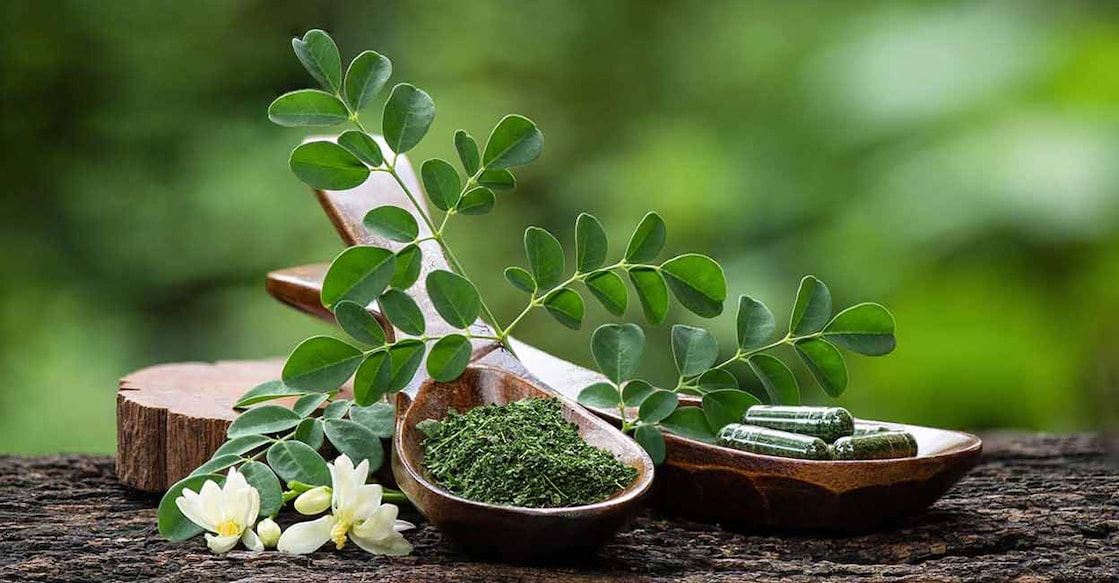Moringa: Did you know about these side effects?

Mail This Article
Kerala's muringa or moringa, which the world hails as the miracle tree is one of those plants with many edible parts that are nutrient-dense. Moringa powder, moringa leaves, oils, tablets and even tea are used by many these days in their day-to-day lives. It is known for its anti-inflammatory properties, antioxidants, heart health boosting properties, digestive properties, skincare benefits and anti-cancer properties. Its seeds, pods, leaves, flowers and even roots are used for both cooking and their medicinal properties. However, if you have included moringa in your daily diet, be aware of its various side effects too:
1) Digestive distress
Its high fibre content can trigger digestive distress if consumed in excess, and this amount can vary depending on your body. This is true about its leaves, seeds or even flowers. Approximately an ounce of fresh leaves is healthy a day. If you take it as a dietary supplement, restrict it to two teaspoons daily. You can take up to two moringa seeds and a small pinch of flowers daily. If you feel your body is taking them well, you can try increasing the quantity gradually.
2) Mixes with meds
Do not eat moringa while you are taking medicines for the liver. Experts say it can affect your liver functions and eating it after talking to your doctor is best. Also, the leaves contain some compounds which can be risky if you are pregnant. It also has a uterine stimulant which can lead to contractions and miscarriage in the first trimester.
3) Lowers blood sugar levels
As moringa can reduce blood sugar levels, those with diabetes should be careful while consuming it. Along with your medications to lower blood sugar levels, moringa might lead further to hypoglycemia or extremely low blood sugar levels.
4) Kidney stones
Moringa has tannins and oxalates and sometimes, they can affect nutrient absorption in your body and form kidney stones. Also, overconsumption of moringa can put a strain on your kidneys as they increase urine production. Also, if you have a pre-existing kidney issue, due not consume moringa without discussing it with your doctor.
5) Skin sensitivity
In some people, topical application of moringa oil on the skin can cause sensitivity to sunlight, resulting in skin irritation. Therefore, make sure you have protective clothing on, after its application.
6) Poisonous in rainy season
As per traditional belief, the moringa leaves which are touted as one of the most nutritious leaves might act as a poison during the rainy month of Karkidakam (Mid July to mid-August). Some say that the moringa leaves develop a bitter taste during the Karkidakam.

